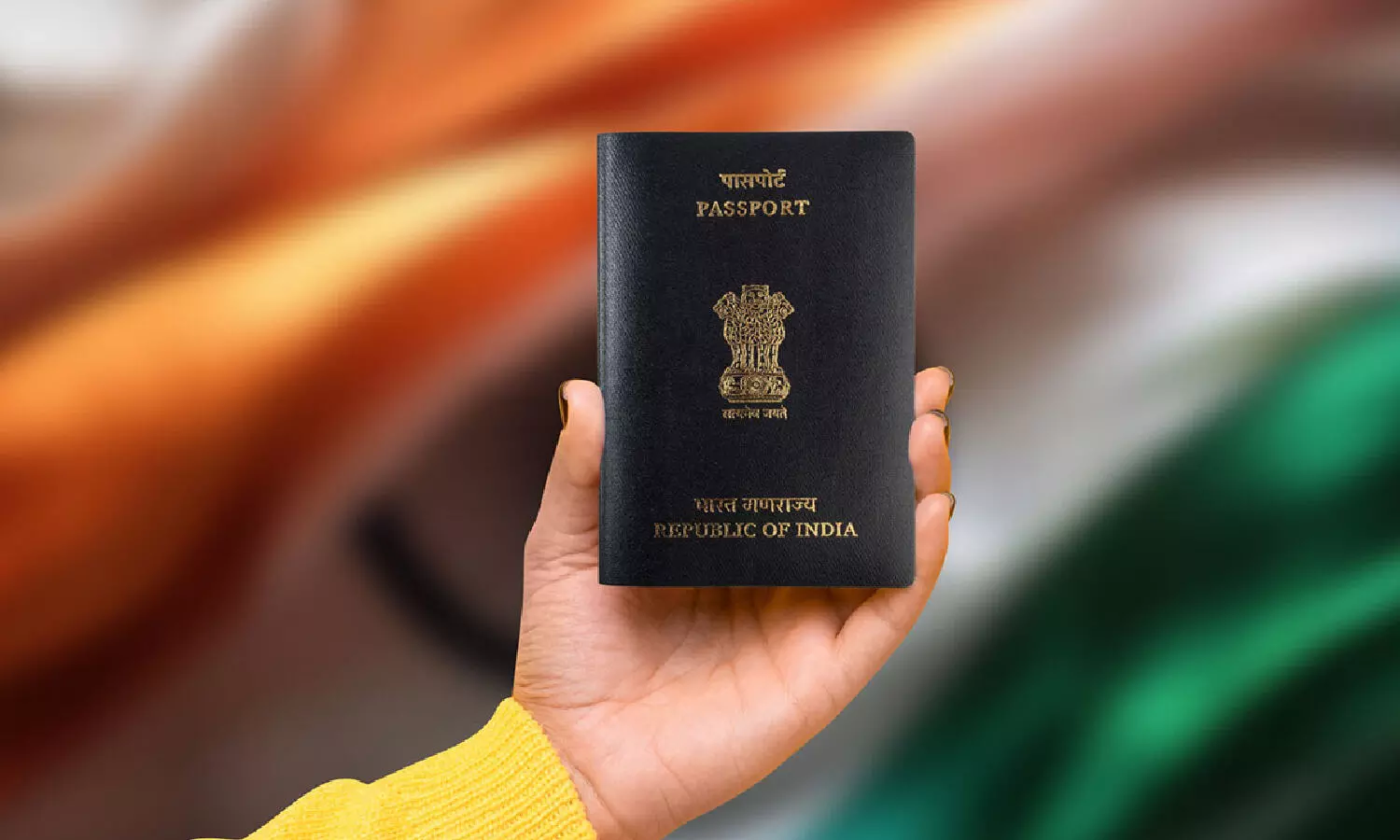Telangana HC: Surrendering passport can’t be bail condition for bailable offences
Person booked for bailable offence can’t be forced to surrender passport for bail
By Newsmeter Network
Hyderabad: The Telangana High Court has ruled that a person booked for a bailable offence cannot be compelled to surrender their passport as a condition for the grant of bail under Section 436 of the Criminal Procedure Code (CrPC).
Absolute right to bail under Section 436
Justice K Sujana observed that Section 436(1) of CrPC confers an absolute and indefeasible right to bail for persons accused of bailable offences. The provision stipulates that if such an accused is arrested or detained without a warrant and is ready to furnish bail, they must be released on bail.
“The only discretion vested in the court pertains to the amount of the bond or number of sureties; it does not extend to placing restrictions on personal liberty, such as confiscating or directing the deposit of a passport or imposing travel restrictions,” the judge noted.
Only Passport Authority can impound a passport
The court clarified that the power to impound or retain a passport lies solely with the Passport Authority under the Passports Act, and not with criminal courts, even if the passport is produced before them during proceedings.
In this case, the trial court had directed the accused to deposit his passport and seek court permission before leaving the country. The High Court held that the trial court exceeded its jurisdiction and infringed upon the personal liberty of the petitioner by imposing such blanket restrictions.
Petitioner’s plea against bail condition
The petitioner, booked under the Customs Act for a bailable offence, challenged the trial court’s order contending that mandating deposit of his passport violated Articles 19(1)(g) and 21 of the Constitution, as well as Section 436 of CrPC. He argued that only the Passport Authority has the power to impound or impose restrictions on passports.
DRI’s defence cites absconding risk
However, the Directorate of Revenue Intelligence (DRI) defended the bail condition, highlighting the petitioner’s foreign connections, international travel history and the serious economic implications of the smuggling offence. It is submitted that the petitioner was apprehended red-handed while attempting to smuggle $81,250 at Rajiv Gandhi International Airport, Hyderabad.
A deposit is not voluntary if ordered by the court
Rejecting the DRI’s argument that the petitioner had deposited the passport voluntarily, the High Court stated that once a court issues such a direction, the voluntary nature is extinguished and the deposit becomes compulsory.
The trial court’s order quashed
Allowing the petition, the High Court quashed the trial court’s order, declaring the conditions imposed on the accused unsustainable and beyond the court’s jurisdiction.